Plant Pathology was established as an academic department in 1917, the first on the African continent. The department evolved to later include the discipline Microbiology, and expanded its focus areas from seed pathology, soilborne diseases and root diseases, plant virology, nematology, phytobacteriology to fruit and vegetable diseases. The department focussed its research on the health of citrus, subtropical fruit, potato, tomato and food security. More recently the plant pathology programmes evolved to include food safety, agrimicrobiomes, big data, risk assessment and artificial intelligence in its research programmes.
As a unique group of plant pathologists, we have created a stimulating, supportive and transformed dynamic group of young scientists who endeavour to provide the very best undergraduate and postgraduate training and education in the broader fields of plant pathology, including microbial ecology, molecular biology, diagnostics and surveillance, epidemiology and precision farming. The discipline of Plant Pathology also strongly relies on feeder disciplines to effectively prepare our students for a career in agricultural science through agricultural engineering, entomology and, very importantly, microbiology, focussing more specifically on mycology, phytobacteriology and plant virology. We are internationally recognised for our added research expertise in biological control, postharvest pathology, fresh produce quality as well as food security.
During your study, you will become increasingly aware of the amazing interaction between plants and microorganisms and how plant diseases develop, how we plan integrated control strategies and develop innovative approaches towards reducing waste and losses. Explore, seek and you shall find the passion associated with being a scientist, doing research and becoming a plant pathologist of note.
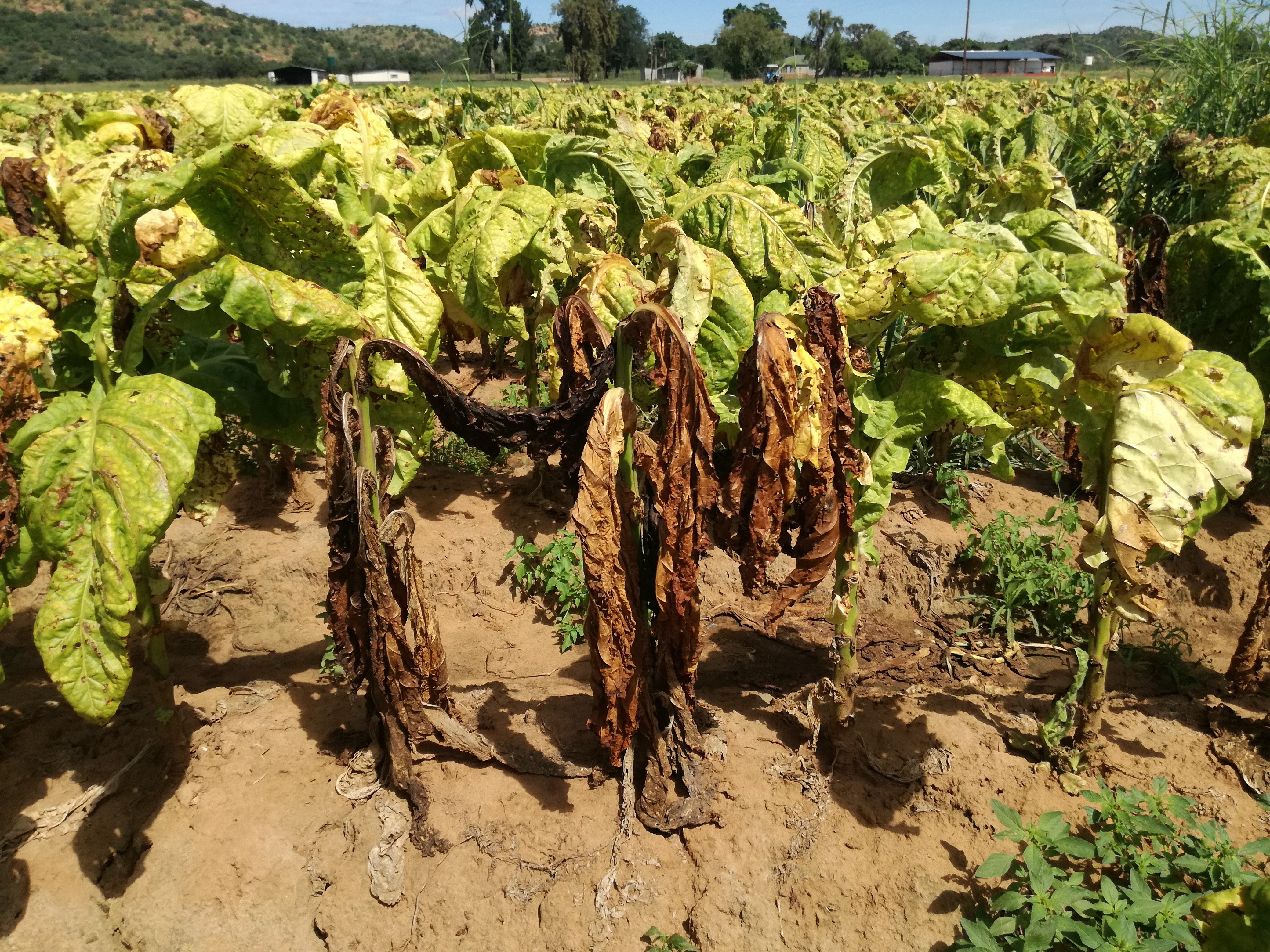 |
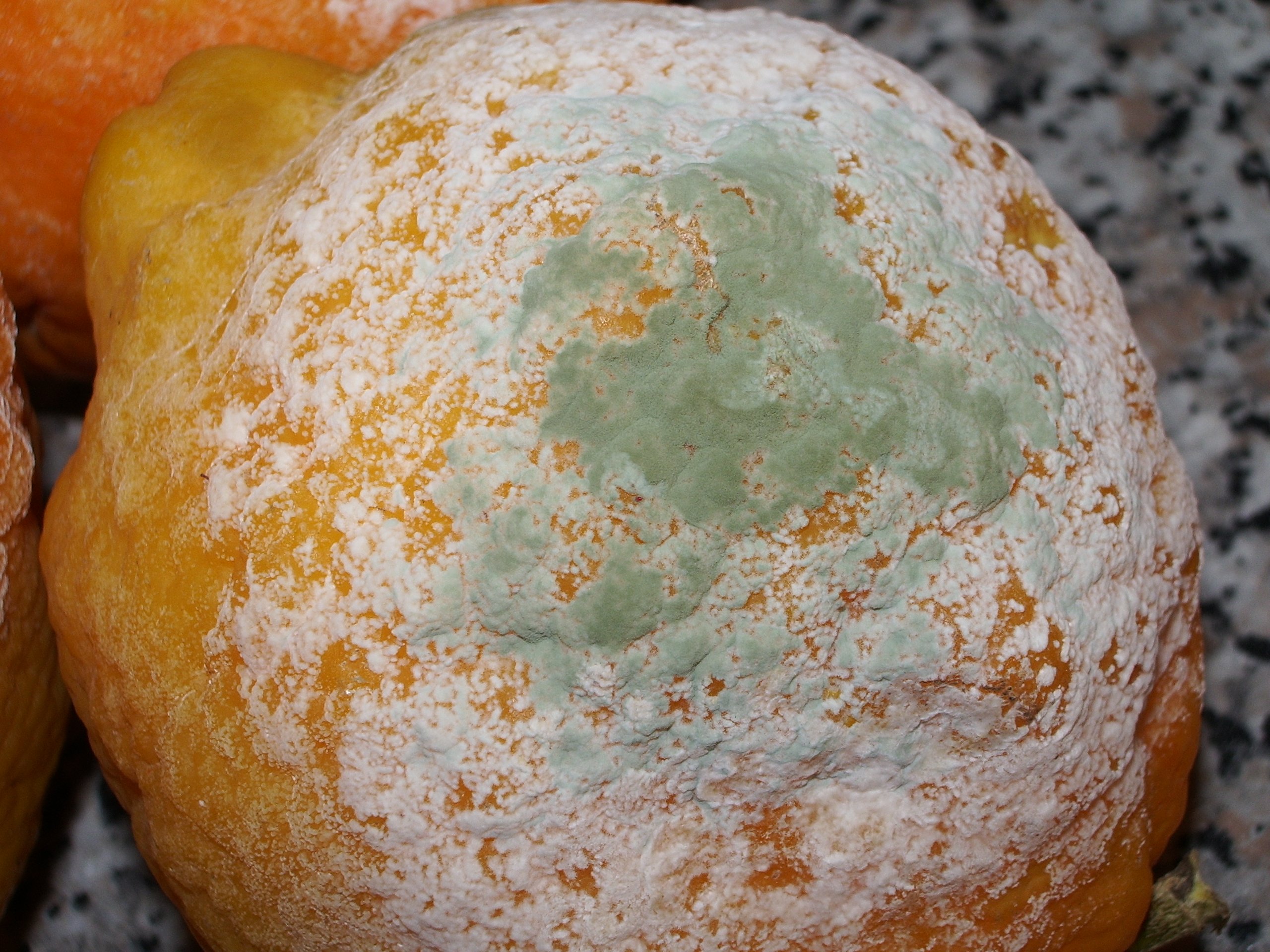 |
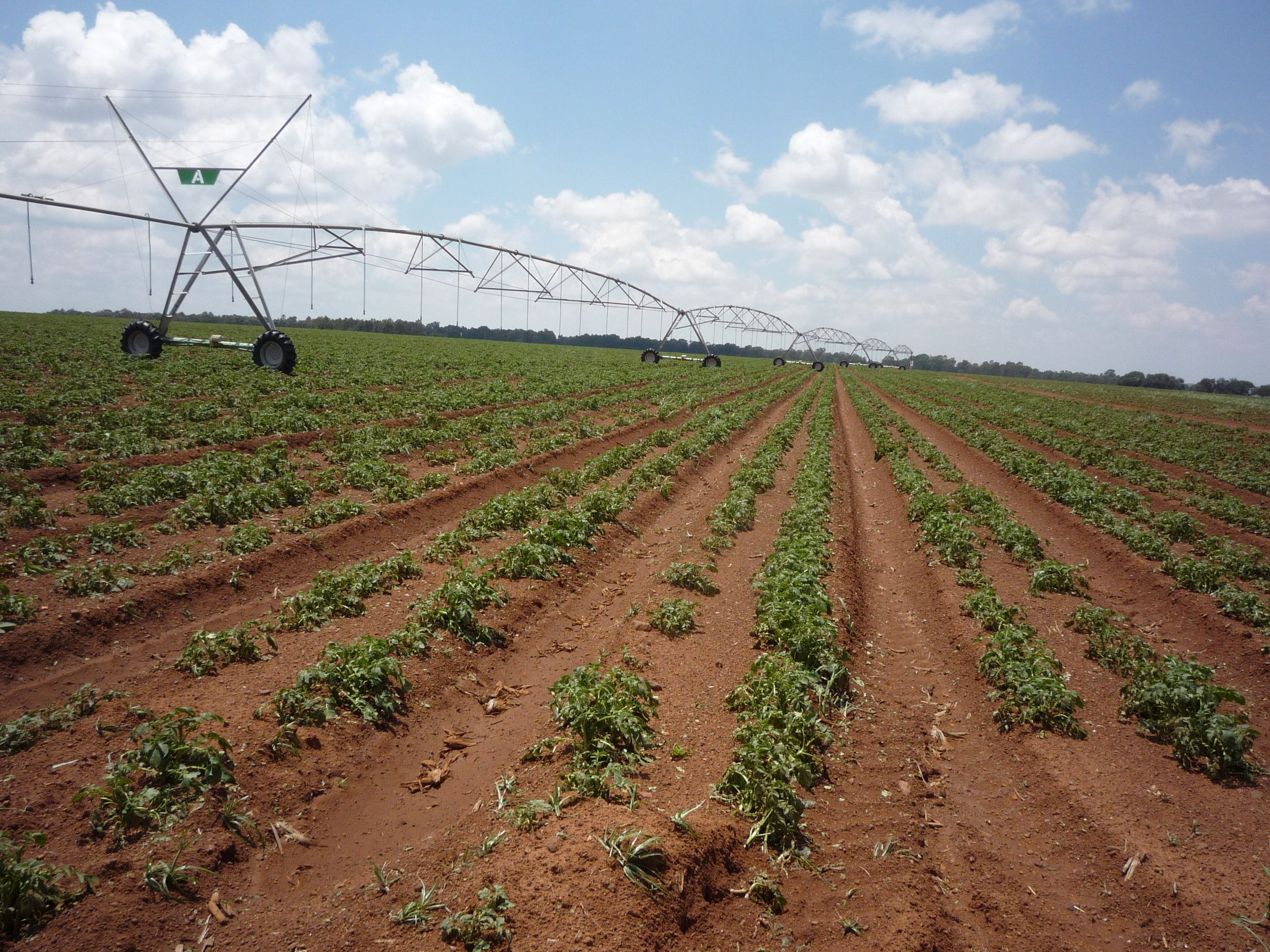 |
|---|
A plant pathologist is a person who specialises in plant health just like a doctor specialises in human health or a veterinarian in animal health. Keeping plants healthy requires an understanding of the organisms and agents that cause disease and in-depth knowledge of how plants grow and are affected by plant pathogens. Microorganisms (plant pathogens) such as fungi, bacteria, viruses, nematodes, insects, protozoa, and parasitic plants can cause plant diseases. Non-living agents such as air pollutants, nutrient imbalances, and various environmental factors including climate change can also affect plant health. New diseases and changes in existing pathogens remain a constant threat to our forests, food, environmental and landscape plants. The modern plant pathologist strives to apply their knowledge and obtain a better understanding of factors involved in plant disease development with the main aim of early detection, control, eradication and prevention. Most importantly plant pathologists ensure healthy plants for healthy people and a healthy environment thereby directly contributing towards achieving the Sustainable Development Goals.
BSc (Agric) is a four-year professional degree that prepares a student for a dynamic career in agriculture. Students may proceed directly into a master’s degree after completing the BSc (Agric) degree. During the first year of study students are exposed to basic principles of Chemistry, Mathematics, Microbiology, Genetics, Botany, Entomology and Molecular Biology. From the second year onwards, specialised training is undertaken in Mycology, Virology, Bacteriology, Plant Breeding, Parasitology, Epidemiology, and Disease Control. From the third- and fourth-year, students start focusing on agricultural specific subjects related to plant pathology, such as horticulture, entomology, agricultural economics and a more in-depth exploration of major plant pathology subjects, such as host pathogen interactions, epidemiology and disease control. The final year consists of plant pathology directed courses with a small research project that may be continued into a master’s project.
Students may also pursue a BSc Plant Sciences degree, a three-year degree with specialisation in Plant Pathology. Many of the above subjects are included in this shorter degree, leading to a BSc Hons degree specialising in Plant Pathology.
Plant pathologists have a wide choice of occupations, ranging from practical to high-tech lab to greenhaouse and fieldwork. Career opportunities include academic research or teaching at universities, institutes of the Agricultural Research Council (ARC), organisations like the Council for Scientific and Industrial Research (CSIR), South African Bureau of Standards (SABS), Perishable Produce Export Control Board (PPECB), agrochemical and seed companies, retail, exporting and importing companies, the nursery industry, co-operatives, the food industry and private estates. Plant pathologists can also go into private practice and operate as consultants or become technical experts at the Food and Africulture Organisation or other agricutlural industry research centre, institutes or advisroy groups.
The UP Plant Pathology division also houses a well-known Diagnostic Clinic and Surveillance Platform.
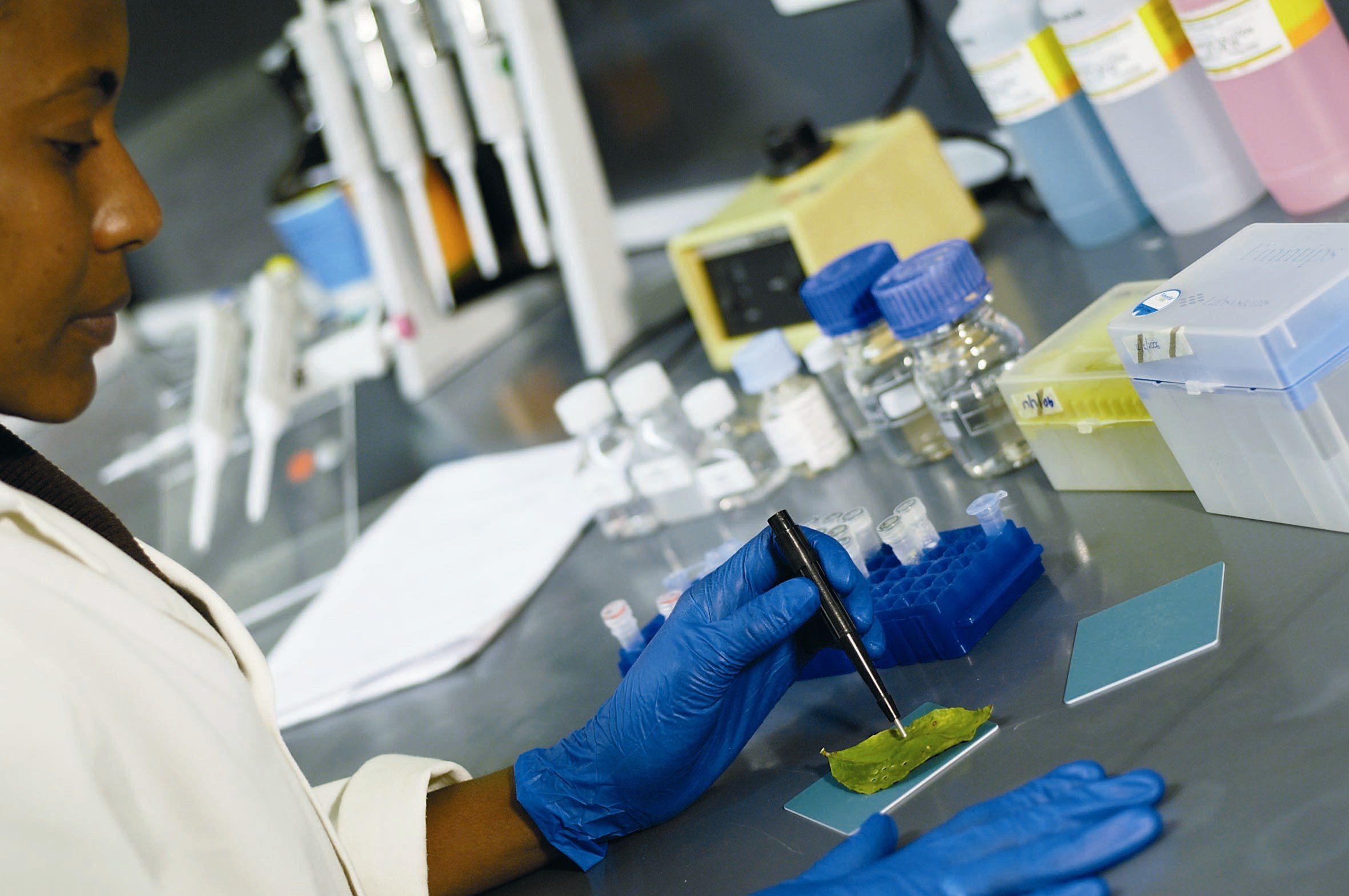 |
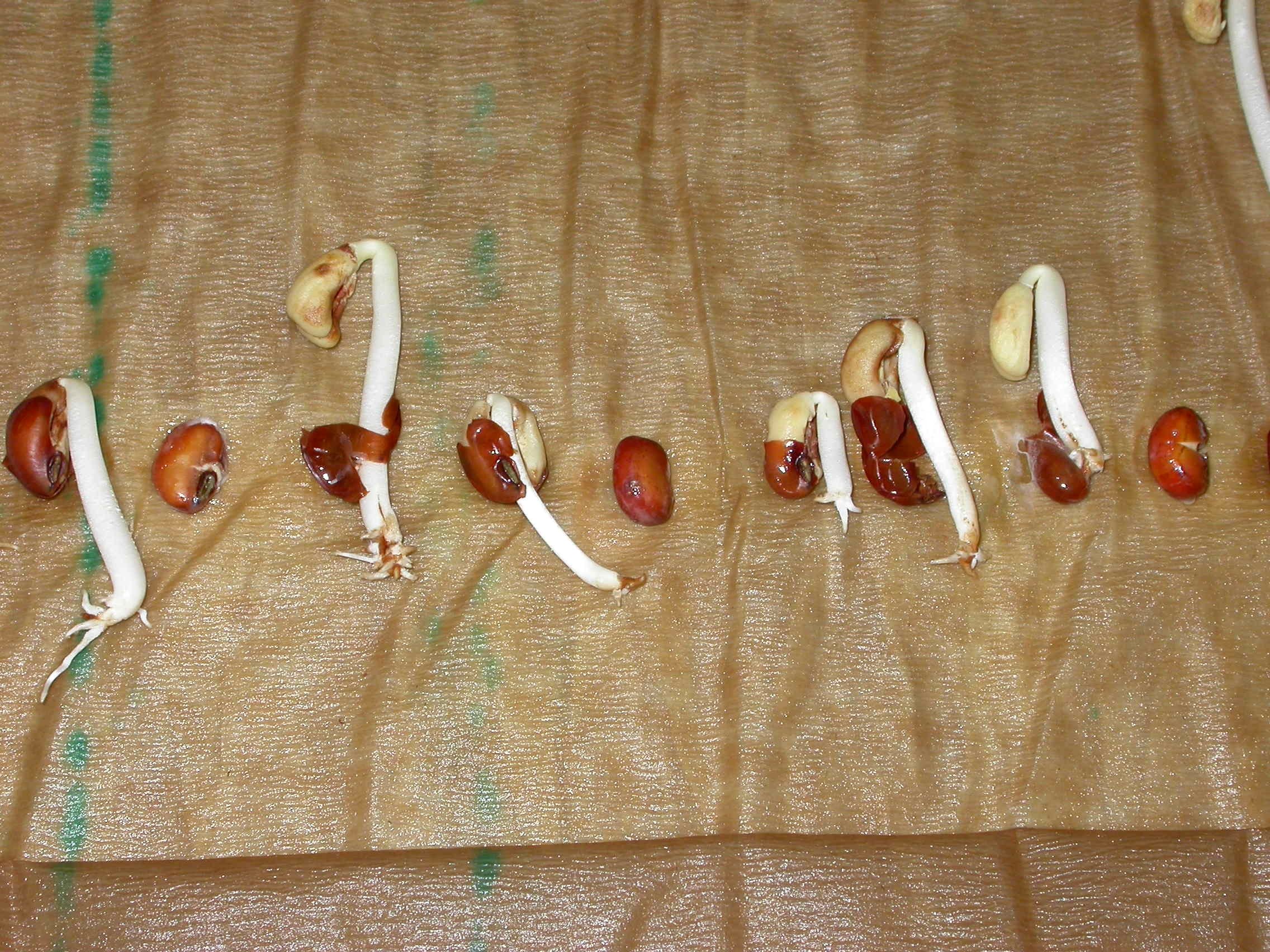 |
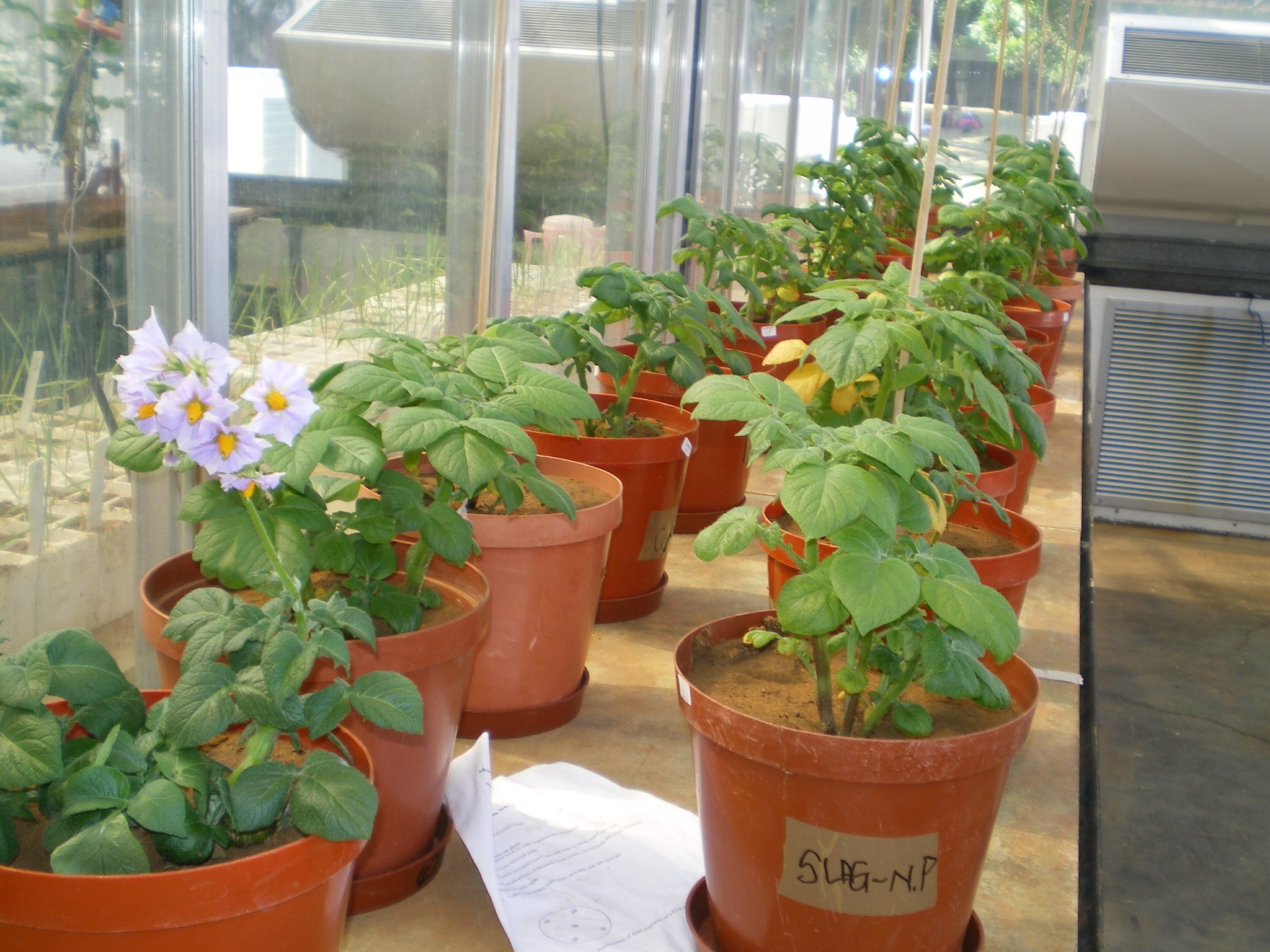 |
|---|
Staff members in this division:
Prof Lise Korsten - Co-Director DSI/NRF Centre of Excellence in Food Security and Leader of the Plant Heath and Safety research group with thematic areas on produce quality and safety, postharvest innovation for Waste Reduction
Prof Quenton Kritzinger - Leader of seed science, mycotoxins & biopesticides research
Dr Khumbuzile Bophela - Leader of soilborne diseases research
Dr Jarishma Gokul - Leader of environmental and agricultural microbiome research
Dr Tshimangadzo Ramakuwela - Leader of nematode research
Mrs Jane Fourie - First Technical Assistant
Ms Zama Zulu - Senior Technical Assistant: Diagnostics and Equipment Platform
Professors contributing to research in this division:
Prof Jacquie van der Waals - Programme Manager in Preharvest Disease Research, Citrus Research International
Prof Teresa Coutinho - Phytobacteriology, Centre for Microbial Ecology and Genomics, BGM
Key research areas:

Consult our brochures below for further detail.
Kindly contact Dr Khumbuzile Bophela-Dimpe at 012 420 5991 or send an email to [email protected], for further information on Plant Pathology.
-- Updated November 2024 --
Copyright © University of Pretoria 2025. All rights reserved.
Get Social With Us
Download the UP Mobile App